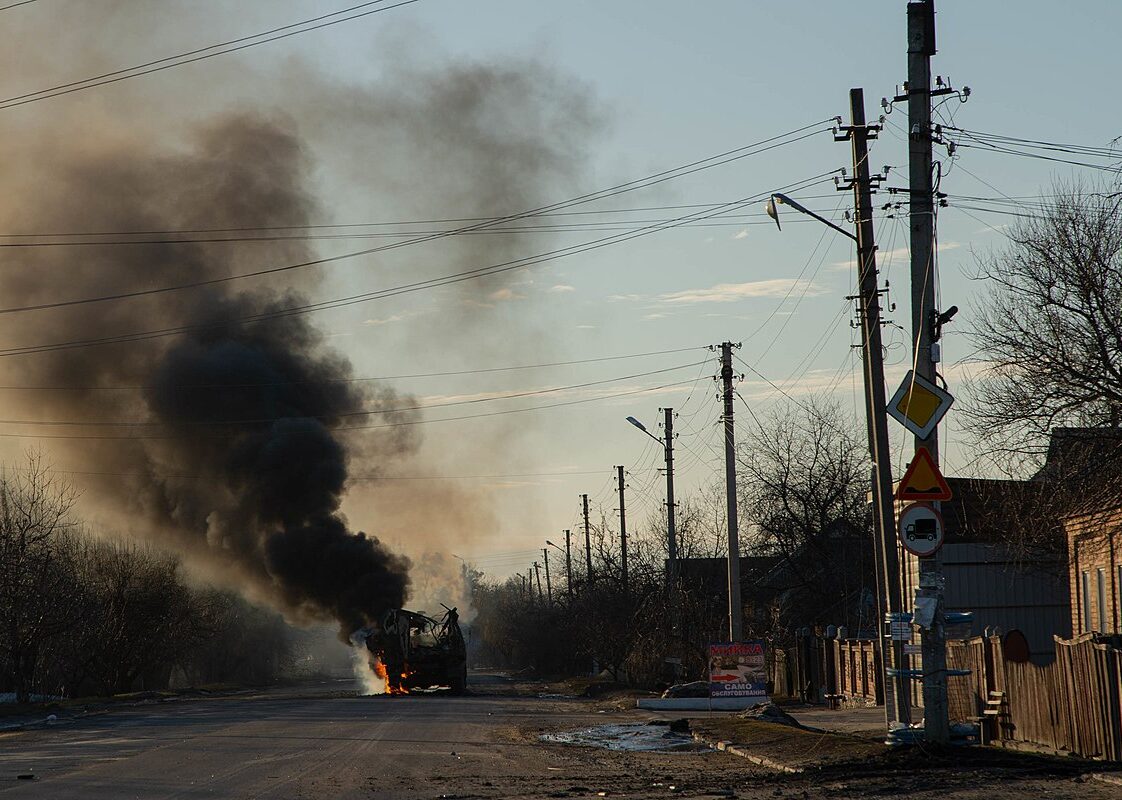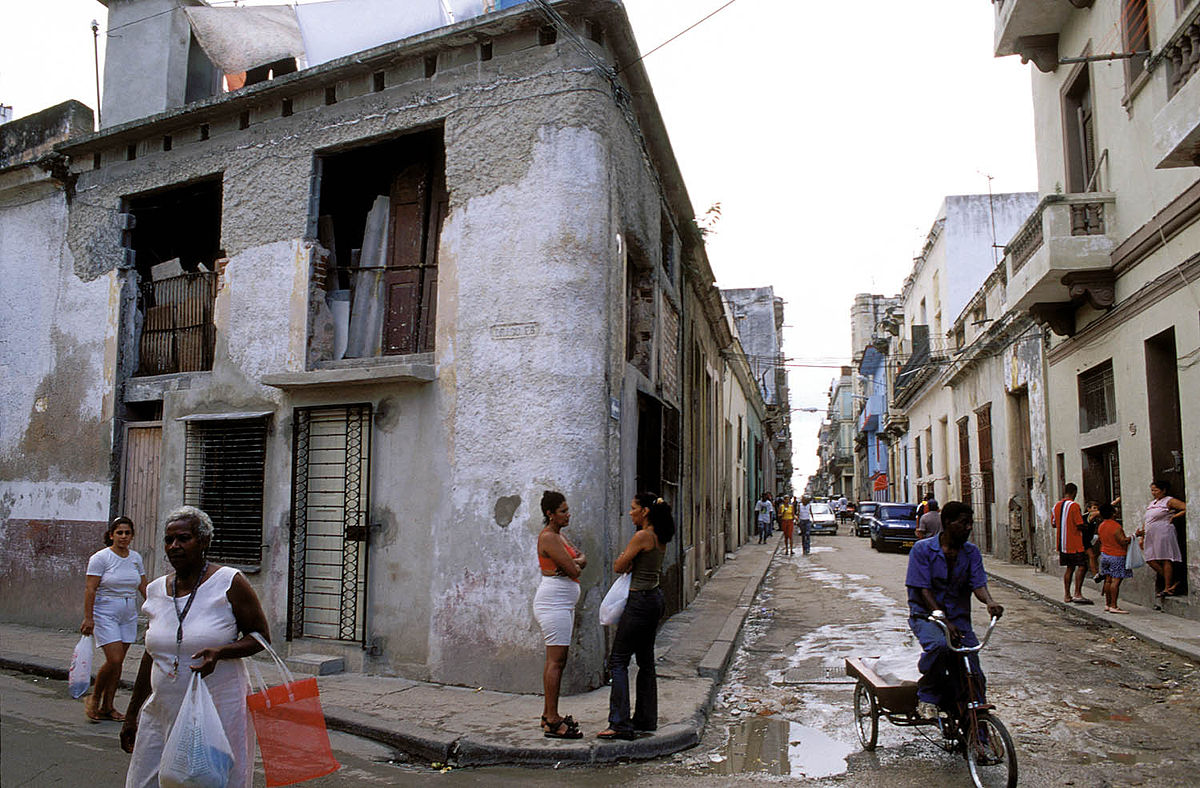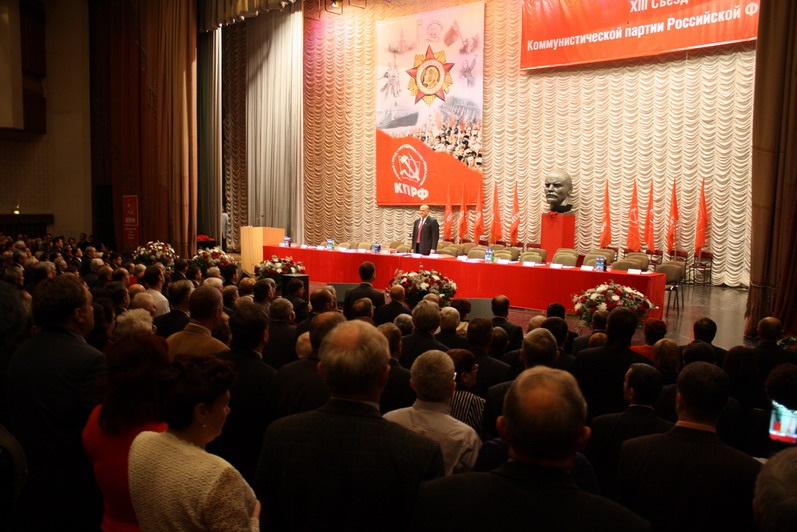The Principal Error of the West

The passivity in the approach taken toward Russia, resulting in inadequate support for Ukraine’s war effort, rather than supporting it per se, is the reason for the escalation and prolongation of the conflict.
Rafał A. Ziemkiewicz
A year’s duration of the war in Ukraine is, as it turned out, in the case of some opinion leaders, long enough to start forgetting about disputes that should be obvious to everyone – and immediately after the brutal onslaught of the collapsing Russian empire on a Ukraine slipping out of its influence for some time were. This is because Russia, after a year of suffering heavy, but for its authorities acceptable, defeats on the frontline, managed to pull itself together somewhat, cleanse its power structures of the most crippling pathologies, pull up its reserves and prepare new offensives. Not only a military offensive, but also an information offensive. Here, too, after its crushing defeat in the first few months, Russia has managed to regain a lot of ground, planting its narratives in countries it sees as enemies and effectively reversing concepts.
Anyone who has read the great Chinese strategist of thousands of years ago, Sun Tzu, knows that imposing one’s way of thinking on an opponent is no less a factor in victory than achieving superiority in numbers and armaments of troops. Russians have been reading him for generations – his “Art of War,” an impenetrable lecture on Eastern cunningness and ruthlessness in the quest to destroy the enemy, is compulsory reading in all Russian military and diplomatic academies.
ONCE HITLER, NOW PUTIN
It seems obvious that the sole blame for unleashing a war lies with the aggressor. But the aggressor nevertheless tries to relativize his guilt and convince outsiders that he was provoked. At one time, Hitler’s agent of influence managed to convince a large part of the West that the Poles were to blame for the war because they refused to leave German Danzig and discriminated against the German minority. Nowadays, the Russian agent spreads in every possible way the thesis that at least part of the blame for the bloody conflict in the East lies with Ukraine, which did not hide its ambitions to join the military structures of the West, and the United States, which armed it and helped it organize effective, modern armed forces.
This is, of course, a rejection of the principle of self-determination of nations in favor of the principle of forcing smaller nations to submit to the imperial interests of the superpowers. However absurd it may be to argue that it is the victims of rape who are at fault because of their refusal to kindly give themselves up – what Russia, like the Soviet Union before it, proclaims openly, the West has often accepted tacitly, seeking in the bipolar world of the “Cold War” some way of coexistence with the aggressive beast ruling the other half of the world. The fundamental thesis of Putin’s propaganda, the power of “material memory,” thus finds understanding in certain circles in the West: well, yes, Russia has its own interests, after all, so they must be respected in order to be able to arrange peaceful relations with it. Here, the governments of Germany and France are nodding at the Kremlin quite openly.
If one accepts the fundamental lie at face value that the guilty party in a war is not the one who attacked a non-threatening neighbor, but the one who wants to liberate itself from imperial domination, and the one who helps it in defending its rights, then the logical conclusion is that it is then America that holds the key to ending the war. If it had not supported Ukraine, and if it had not forced its support on other countries, the latter would not have had the strength to resist any longer, and the Russian flag would have flown over Kiev long ago – ergo, the war would have ended, and the bloodshed would have moved from the open battlefields to the catacombs and “filtration camps,” where it would have been easier for the world not to notice it.

The next logical step in this system of Putin’s lies is to call support for Ukraine an “escalation” of the war. This is already a truly Orwellian juxtaposition of concepts: increasing Ukraine’s defense capabilities is “escalating” the war, as it forces Russia to increase its combat effort. From this, in turn, it logically follows that helping Ukraine must lead to a “full-scale” world war, because if the world prevents Russia from defeating Kiev in a conventional war, it will thus be “forced” to reach for nuclear weapons.
Allow me, in a text by design devoted to summarizing the course of the war so far, and not to predicting its further course, to stop at sketching only those main lines of Russian propaganda. Of course, the centers of command are drawing more logical consequences from the basic falsehoods and, skillfully dressing them up in the guise of “realism,” are poisoning the Western, including the Polish, public debate (by the way, in the professional language of information warfare there is even a term to describe this phenomenon– “intoxication”).
I think this is where we have Russia’s greatest victory, enabling it to continue its aggression and launch a new offensive. In accordance with their experience gained during the Cold War, in part through their knowledge of the West’s thinking habits and weaknesses, in part by exacerbating them through their extensive networks of influence over enemy elites and public opinion, the Russians managed to reduce US strategy to a paradigm that was called “flexible response” at the time of the confrontation with the USSR. Or perhaps I’m overestimating their influence – fear of the inertia of their own public opinion may have been a sufficient reason for decision-makers to adopt such a strategy. Either way, it is the passivity of the line taken toward Russia, resulting in inadequate support for Ukraine’s war effort, rather than support for it per se, that is the reason for the escalation of the conflict and its prolongation.
TREAT THE SIN
In short, the West, surprised by the scale of Ukraine’s resistance and the ineptitude of the aggressor, assumed, as it did during the Cold War years, that there was a certain – not far off, it was probably thought – limit, the reaching of which would cause the Kremlin to come to its senses. So it was considered sufficient to support Ukraine’s defense, but to prevent it from counter-attacking if possible – and without counter-attacking and regaining lands annexed by Moscow, victory is not possible. Weapons were given to the Ukrainians, but only those with which they cannot reach indigenous Russian territory. They were simply told to fight with one hand behind their backs. Putin, in turn, was sent a clear message: if you escalate the onslaught, we will increase support for defense. Withdraw, start de-escalation, then we will also reduce our participation in the war.
It seemed to the West that in this way it was giving Putin the opportunity to withdraw with a face. In fact, he told him: you are in no danger of anything from our side. At worst, you’ll lose hundreds of thousands of troops, tens of thousands of combat vehicles and billions of rubles and ruin your country, throwing it into even deeper backwardness, but otherwise you’ll be left with what you have, or, this is really at worst, with what you had until February 2023.
This is not a prospect that would frighten those in power in the Kremlin and make them recalculate the risk of war anew. On the contrary, “hell hath no fury,” so Putin is mobilizing and pushing hundreds of thousands more “mobs” in museum-quality Soviet-era tanks into Ukraine with a sense of security: if I succeed, fine, if not, there will be no tragedy.
One can only dream of someone of the likes of Ronald Reagan – he would know how to scare Putin, just as he once scared and forced the Soviets to capitulate (“I’m pleased to tell you today that I’ve signed legislation that will outlaw Russia forever. We begin bombing in five minutes” this supposedly mistaken “microphone test” was, according to experts, one of the most effective acts of psychological warfare in history).
Either way, as long as the assumption “we won’t go any further until Putin will, and we won’t let Ukraine do it” holds, the war will continue as long as Russia doesn’t completely exhaust its resources. And while these resources are not, contrary to what Russia is trying to tell the world, inexhaustible, they are still enough for a few more years of continuing the current aggression.
It is possible that I am misreading the reasons for this behavior by the US and the West. It is possible that using the sacrifice of Ukrainians to bleed out Russia is a more deliberate strategy. It is possible that the West is more afraid of a fallen Russia than an imperial Russia, the vast wilderness between Europe and Asia that is engulfed in anarchy and chaos. Western leaders think like George Bush Sr. did during the first Gulf War, when he allowed Saddam Hussein’s weakened regime to survive. Perhaps no one noticed that this was the wrong decision, and the war had to be completed a dozen years later anyway.
Limiting the West’s goals to merely containing Putin, without the ambition to strike a blow against him (not necessarily a full-scale military attack right away – there are many indirect forms of aggression, as Putin himself has made the world aware), also has the disadvantage of providing fuel to those who preach in allied countries (and in America itself, but that’s a separate topic) isolationist slogans dressed up in the garb of “looking after their own interests.” This is most pronounced, as I have already written, in Germany and France, which have set themselves the goal of “holding the door open” for a return to good relations with Russia in a thinly disguised manner. The governments of these countries assume that Russia cannot be defeated (which is not true, in World War I it suffered defeat, thanks to a train of revolutionaries sent by Scandinavia), and the only possible end to the war will be some sort of truce, based on concessions from a bleeding and tired Ukraine. Then there will be billions to rebuild the devastated country, and those billions will be taken by those who will be allowed to rebuild Ukraine by Moscow, which is still dealing the cards in the region (and it is supposed to be Germany and France). For in a situation of a shaky truce in a Ukraine pushed into a state of temporariness and lacking real security guarantees (such will undoubtedly be Russia’s condition for a truce), no one will commit serious resources without Moscow’s tacit guarantees and probably an equally tacit split with it – something the countries mentioned have both experience and know-how in.
IT IS OUR WAR
I don’t think I need to prove, because I have written about it many times, that such a scenario of ending the conflict would be a historical tragedy for Poland, inevitably leading to the creation of a neo-Bismarckian arrangement in which there would be no geostrategic space for a sovereign Poland. Indeed, a truce in Ukraine on Russia’s terms, of the kind that EU leaders expect, would inevitably mean the marginalization of us as a colonized and exploited province of the German European state.
However, this would require the consent of the US, and thus a complete change in their current strategic thinking. Of course, it can’t be ruled out that something like this will happen in the US, as a result of its internal troubles, but I consider it extremely unlikely, because agreeing to put Central Europe under German-Russian administration would mean the end of the American superpower status. Either way, we have no choice in this situation but to make every effort to ensure that the Ukrainian resistance is supported to the maximum and that American determination to contain Russia does not falter.
It is some kind of dangerous aberration to tell Poles that we can follow the principle of “our home from our country,” emulate Orbán’s policies and secure our interests in isolation from the outcome of the war in Ukraine. To put it briefly and brutally: it is better for Poland that our tanks are burning at the moment near Kiev with Ukrainians inside than “kept for our own purposes” if they were to burn near Warsaw with Polish soldiers some time from now. This is because the demagoguery of the proponents of the latter solution is based on complete “wantonness,” on the irrational assumption that having satisfied its appetites in the post-Soviet area, Russia will exhaust its ambitions and resources. Such an option does not exist.
Orbán could have accepted Russia’s offer to become a satellite country, in the event of a truce that is victorious for the Kremlin, because he got such an offer. For Poland, Russia has no other offer than “you should not exist.” No one in Russia hides it: as long as there is an independent Poland, Moscow will not be able to safely rebuild its empire. Let’s add that this rhymes with Berlin’s awareness that as long as Poland is stripped of its subjectivity, Germany cannot safely build its dominance over the Old Continent. Awareness of these two political pressures, which are not new to our geopolitics, allows one to understand that only a completely new geopolitical division, with a strong, subjective Central Europe, which Ukraine is fighting for today, with American support, gives Poland a chance to preserve its sovereign existence, security and build affluence. Precisely for this reason, whether anyone likes it or not, this war is just as much ours, about us and our future.
This article was published in February 2023 in “Do Rzeczy” weekly.



